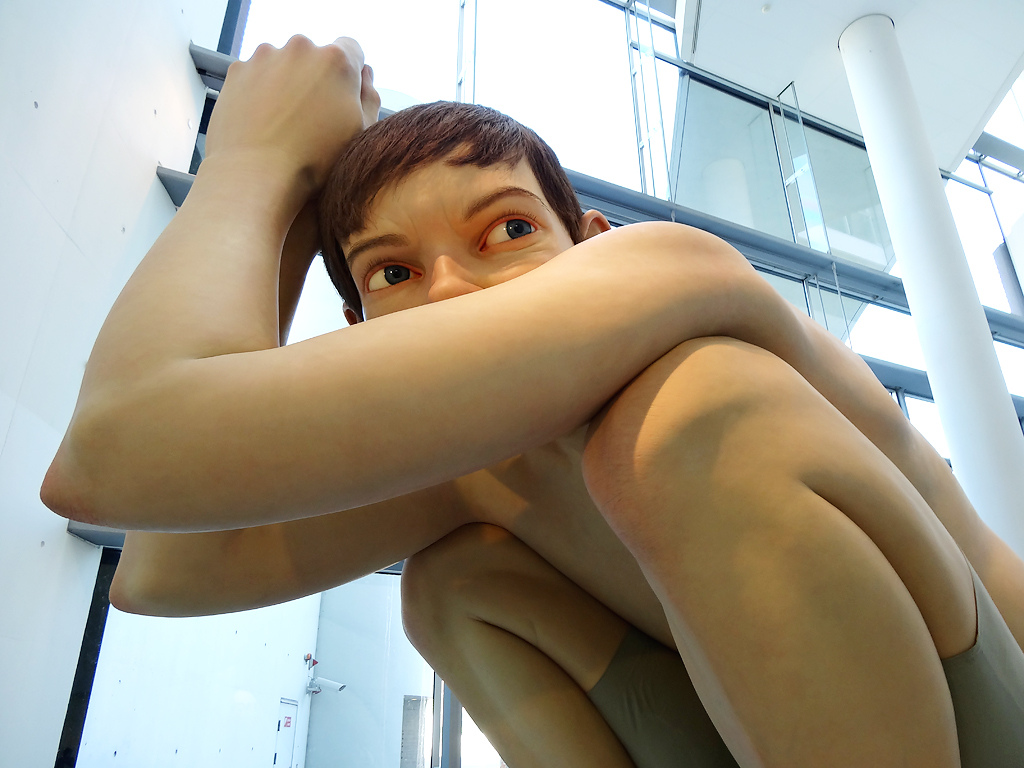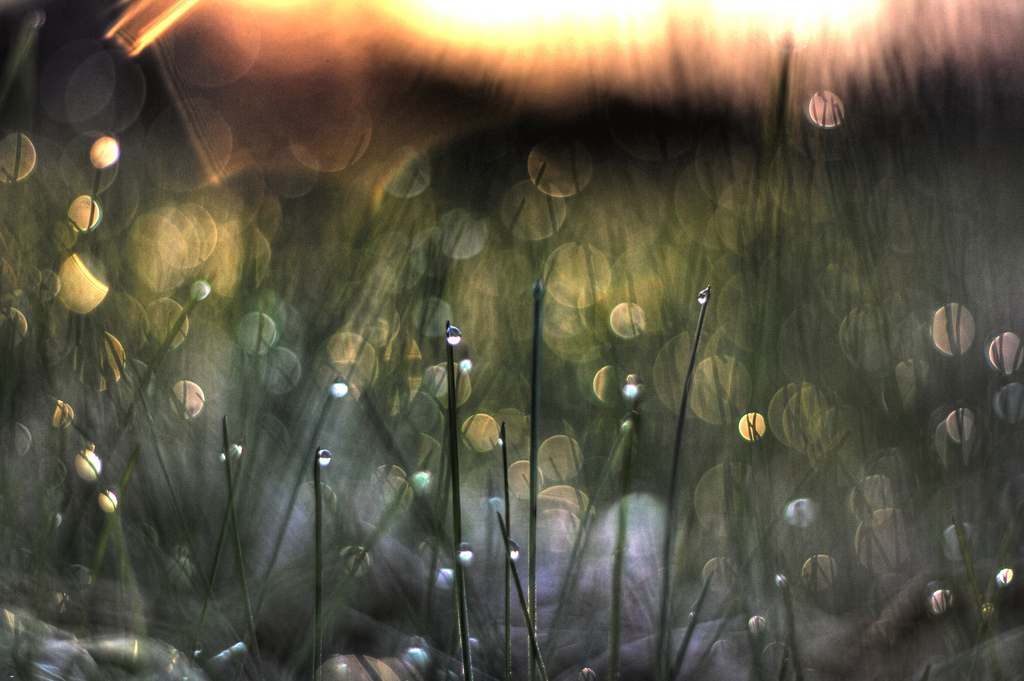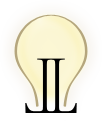
Photo by Georges Petrequin
All the world is made of faith, trust, and pixie dust.
J.M. Barrie
The Eternal Boy
In the well loved children’s tale Peter Pan, Scottish author J.M. Barrie wrote about the adventures of a never aging, mischievous boy with the ability to fly. From a psychological perspective Peter never completes the task of growing up. He remains a puer aeternus. This is a Latin phrase that means “eternal boy”1.
Swiss psychoanalyst Carl Gustav Jung saw the eternal boy as an archetype: an innate, universal human concept. Jung also drew attention to the fact that, like other archetypes, the eternal boy contains both a positive and a negative aspect.
Barrie’s premise was that to successfully navigate life one needs to integrate these aspects, to keep the openness of youth while also accepting the responsibilities of adulthood. For an adult, to be a Peter Pan — to remain a puer aeternus — is a significant psychological handicap.
Learning to Land
How to enter the adult world with its many challenges? How to release the fantasy world of youth? How do we land?
Undeniably, developing psychologically, emotionally, and spiritually comprises some discomfort, even pain. Just as toddlers beginning to walk fall down and sustain some bumps that are unwelcome, as we move along the path of maturity we can stumble, fall, and endure various bruises.
Some of obstacles that bar our progress include the discomfort of navigating the new and unknown, feeling powerless, needing to control, and a lack of trust and faith. When we encounter these obstacles, it can be helpful to remember that, even as adults, we are moving towards the same goal we pursued as children: to achieve our next level of mastery.

Photo by Chiara Cremaschi
Defenses
Typically, we come to feel powerless when we had early childhood experiences in which we felt unsupported, unseen, not recognized in our entirety, criticized or even, sadly, abused, by our parents. To survive we often have had to make some decisions about how to handle these damaging exchanges. These decisions may be to take control and to forfeit faith and trust.
Choosing control is a way to try to offset the feeling that our needs have been pushed aside, have come after the needs of others, or have been branded as wrong or selfish. The sense of being at risk, to be treated poorly by another person is compensated for by being in control. Being in control means trying to keep things from going wrong again, being hyper vigilant to others to avoid more unfulfilling exchanges. Being in control means hiding and denying our true feelings, using covert means to get what we want from others.
As a result of poor treatment we have lost faith in our care-givers. We no longer believe they have our best interests at heart. We lose our ability to trust. We can’t see the benefit in opening up and being vulnerable with others when our past tells us that people are hurtful and threatening. Consequently we can feel out of touch with others, cut off and dead inside. We say to ourselves, “At least I’m safe. No one can hurt me any more.”

“Boy” by Ron Mueck (Photo by Ann Hung)
Insight and Integration
Taking that first step toward self-awareness may be triggered by a failed relationship, the lost of a job, a health crisis, an intervention for an addiction. Whatever the cathartic event is, insight is the beginning of healing.
If we have the courage to look inward we can launch the transformative process of self awareness. Learning to recognize the signs of our controlling behavior (tension, blaming, urgency, lack of feeling), our lack of faith and trust (suspicion, anxiety, worry) becomes our foothold in recovery.
When we are able to step away from our habitual defenses because we can now see them unfolding, rather than having them working 24/7, unheeded, behind the scenes, we have the freedom to chose differently. We can integrate our understanding, accept our wounding, release ourselves from habit and regain our ability to be playful, flexible, spontaneous, joyful and more fully present in our lives.
We can see the truth in Barrie’s words: “All the world is made up of faith, trust and pixie dust.”.

Photo by Brian Wolfe
1. There is also a female corollary: a puella aeterna.
Further Reading
- Peter Pan by J.M. Barrie
- The Archetypes and The Collective Unconscious (Collected Works of C.G. Jung Vol.9) by C.G. Jung
- The Problem of the Puer Aeternus by Marie-Luise von Franz


